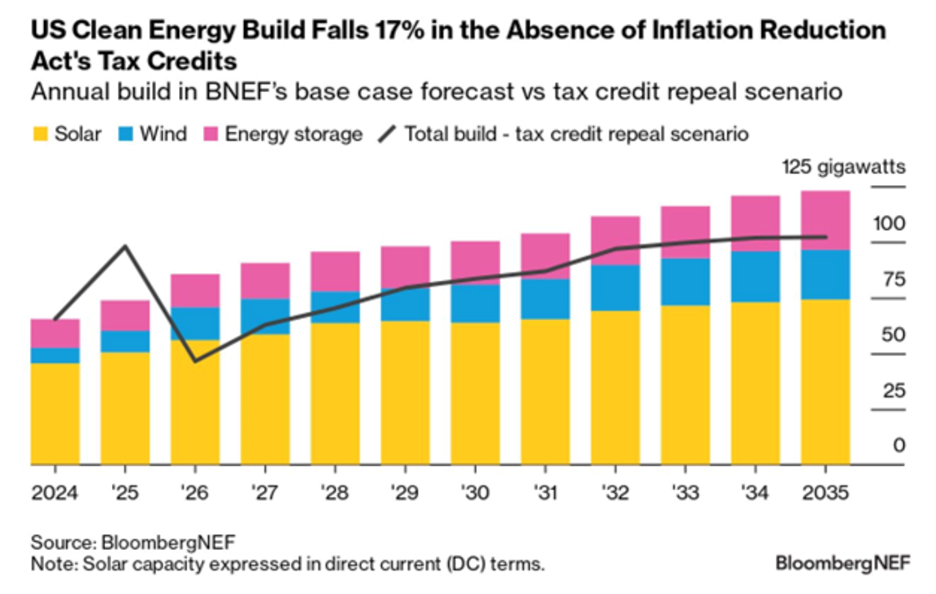Mario Draghi on European Competitiveness: Enable Decarbonization
- 2024年9月18日
- 讀畢需時 2 分鐘

It is clear given Draghi’s long-awaited report on European competitiveness that Europe could lean into its transition to decarbonization to grow its economy. While Europe benefits from a globally leading, stable structure based on strong education, health systems, and social support, what is now needed on to top of this foundational base is business dynamism.
Europe needs to focus on the innovation gap between the EU and the U.S. and China. European businesses generally lead in static industries, yet these companies are not market disrupters. For comparison, in the past 50 years while six U.S. companies valued at more than $1 trillion have been created not one EU company worth more than $100 billion has been created over the same period of time.
Dynamism: The EU has talented entrepreneurs, but the challenge is commercialization at scale. Startup regulatory costs for a corporation in the EU can be as high as $35,000 versus state of Delaware incorporation fees of $500. So entrepreneurs seek capital and then relocate to the U.S. Europe stands united in its pursuit of inclusive economic growth. Between 2008 and 2021, 30% of EU unicorns valued at over $1 billion moved their headquarters overseas primarily to the U.S.

The EU is not funding research to the same levels as the U.S.
Decarbonization: With EU electricity prices 2 to 3 times higher than the US, the EU must decarbonize at scale focusing on decreasing energy prices in a new net-zero economy. There must be a systemic shift to a common net-zero energy market transferring benefits from decarbonization to end-users. While the trade of decarbonization via importing products from China may meet near-term goals, this delays local EU decarbonization which needs to occur immediately.

For example, transport sector CO2 emissions, which account for 25% CO2 emissions across the EU, are 17% higher now than in 1990. The EU does lacks a strong decarbonization plan across the region for transport emissions.
Dependencies: In a time of rising geopolitical tensions, the EU relies on importing key technologies as opposed to strengthening core EU industries. The EU imports processed products sourced from critical raw materials as opposed to strengthening these industries locally.

Three Suggested Transformations
The EU needs to actively accelerate decarbonization by supporting SMEs that are enabling a rapid transformation to a net-zero, sustainable, and nature-positive economy by 2050.
The EU needs decrease energy prices while transitioning to a circular economy by shifting to stable, low-cost, net-zero power generation.
The EU needs to manage its economy from a future point of a successful net-zero transition where geopolitical dependencies are managed.





留言